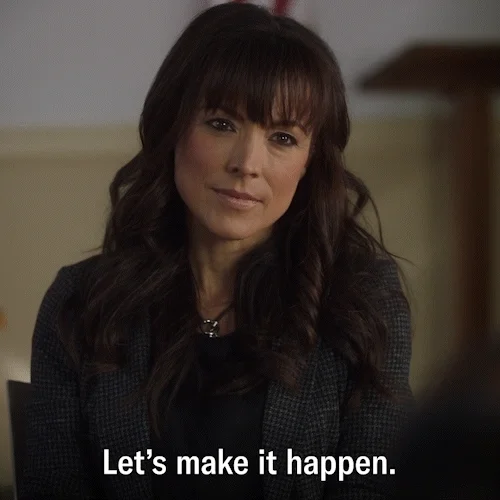
This logo isn't an ad or affiliate link. It's an organization that shares in our mission, and empowered the authors to share their insights in Byte form.
Rumie vets Bytes for compliance with our
Standards.
The organization is responsible for the completeness and reliability of the content.
Learn more
about how Rumie works with partners.
Are you ready to take the next step into the field of project management?

Project managementcomes with a lot of responsibilities and requires you to wear many hats, so being ahead of the game is vital to achieving success.
Make the most of your project management experience by using these 4 helpful strategies.
1. Create a Plan

Project managers should always lead a project with a plan. A successful project is a reflection of your ability to lead team members. It also helps project managers develop and demonstrate organizational skills, which keeps ideas and strategies clear and specific.
A plan of action consists of:
Identifying the purpose of the project (what you want accomplished) and projected outcomes.
Defining the roles and responsibilities of those involved.
Setting deadlines for the project, including due dates throughout and the final submission.
Being aware of budgets, so you know if you're going beyond an established amount set for your project.
As a project manager, planning and preparation are key to achieving optimal results — so keep this in mind to help you start your project with confidence.
2. Communicate Effectively

Effective communication is essential for project management. A project manager needs to set clear expectations and goals to ensure that everyone involved is on the same page. This will prevent inconsistency and confusion.
Project managers should:
Reach out to team members regularly for assistance when questions and suggestions come up, and just to make sure progress is being made.
Provide updates and progress status, so that there are no prolonged delays.
Address issues early on related to resources, so they don’t prevent setbacks or develop into more time-consuming challenges.
Hold team members accountable when mistakes are made and conduct follow-ups so these errors don’t become a common occurrence.
Quiz
When is an appropriate time for project managers to communicate with members of a project team?
Communication should take place throughout the project. This gives project managers the opportunity to check in with team members and have access to every aspect of the project.
3. Provide Actionable Feedback

Feedback is very important for project management. It helps the team avoid veering away from the scope and focus of the project's intended purpose. Feedback should be:
Clear, concise, and specific, not vague or irrelevant.
Actionable, so that specific recommendations for improvements point team members in the proper direction.

Never be harsh when delivering feedback, but emphasize the strengthsof the project, and offer advice based on observable and measurable facts in areas that need to be changed.
For example:

"Your statement is completely unclear."

"Providing supporting evidence-based research will make your statement valid and align with the goal and objective of the project."
4. Solve Problems

On a project, it's inevitable that problems will arise. It will be your duty to come up with efficient, timely solutions.
To become a more proficient project manager:
Face problems when they arise head-on — better sooner than later, so it doesn't impact your project progress.
Analyze problems by breaking them into small components. This provides clarity and makes challenging problems more manageable.
Prioritize problems by tackling more complex ones first and then addressing others in descending order of difficulty afterwards.
Take advantage of all resources within your reach (tech tools, communicating with stakeholders, subject matter experts, peers, and mentors) to help overcome challenging tasks.
Collaborate with others and gain new perspectives. Perhaps this will give insights you hadn't previously considered.
Quiz
Sandy is a project manager and is having trouble getting team members to meet deadlines. What is the best course of action to solve this issue?
Setting specific due dates would be helpful, but the team members are already having trouble meeting deadlines. Relaying the importance of the project is a suggestion, but it's not going to help team members meet deadlines. If Sandy meets with her team regularly, she can address the issues and concerns that team members may have. She can assess and clarify team members' understanding of the tasks presented to them. She can offer suggestions to help guide them through processes more efficiently. She can schedule regular meetings to track the progress team members are making, so they can meet deadlines.
Take Action
Project management can be challenging, so make your experience a successful one!

This Byte has been authored by
David Fernandez
Certified Nursing Assistant
M.S